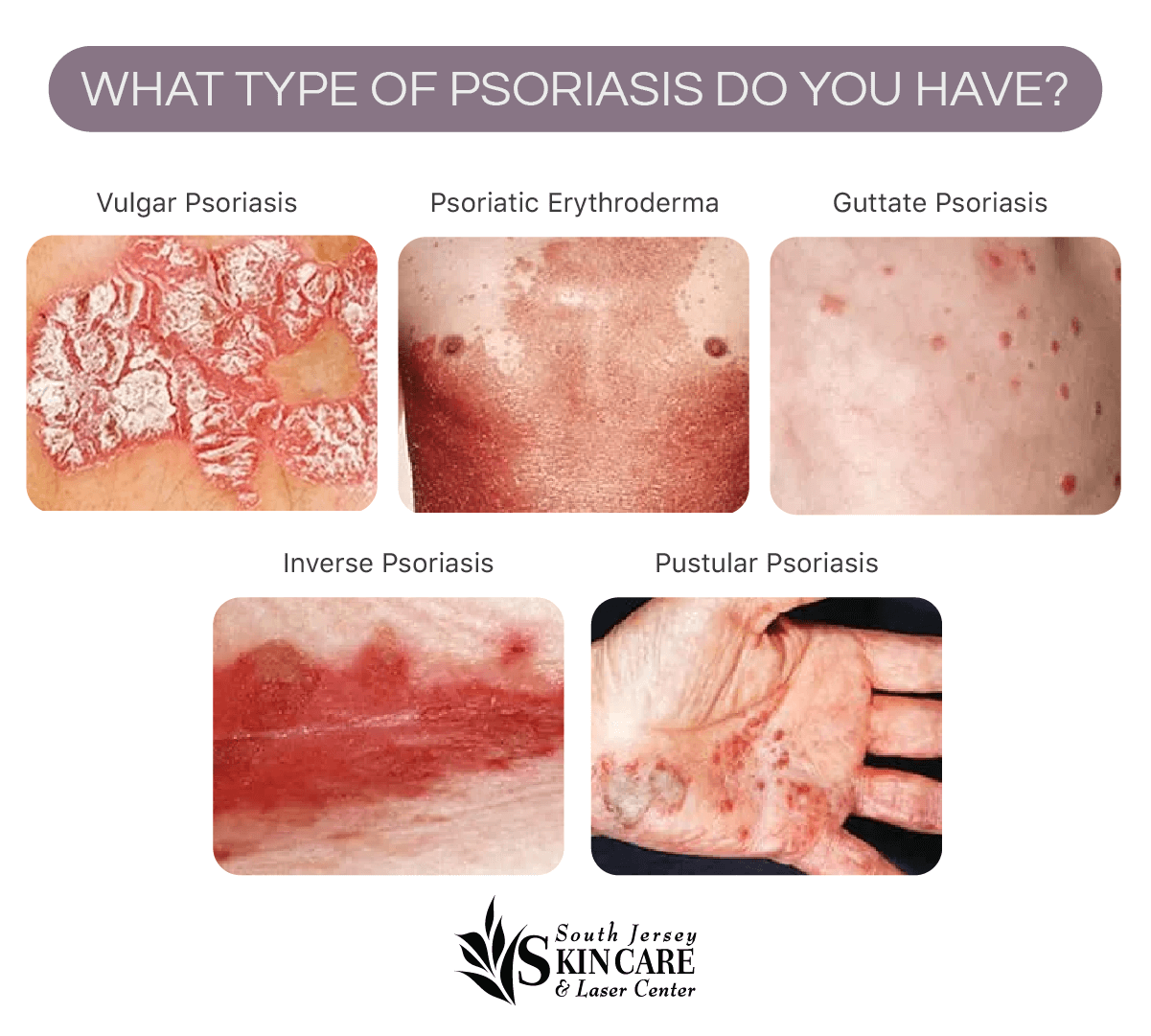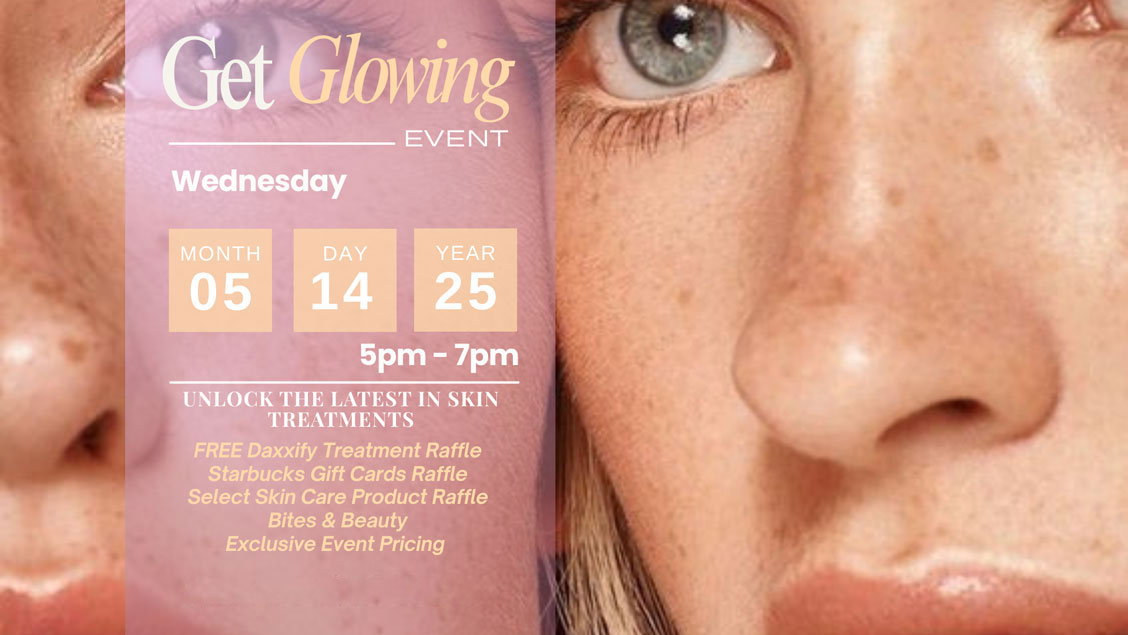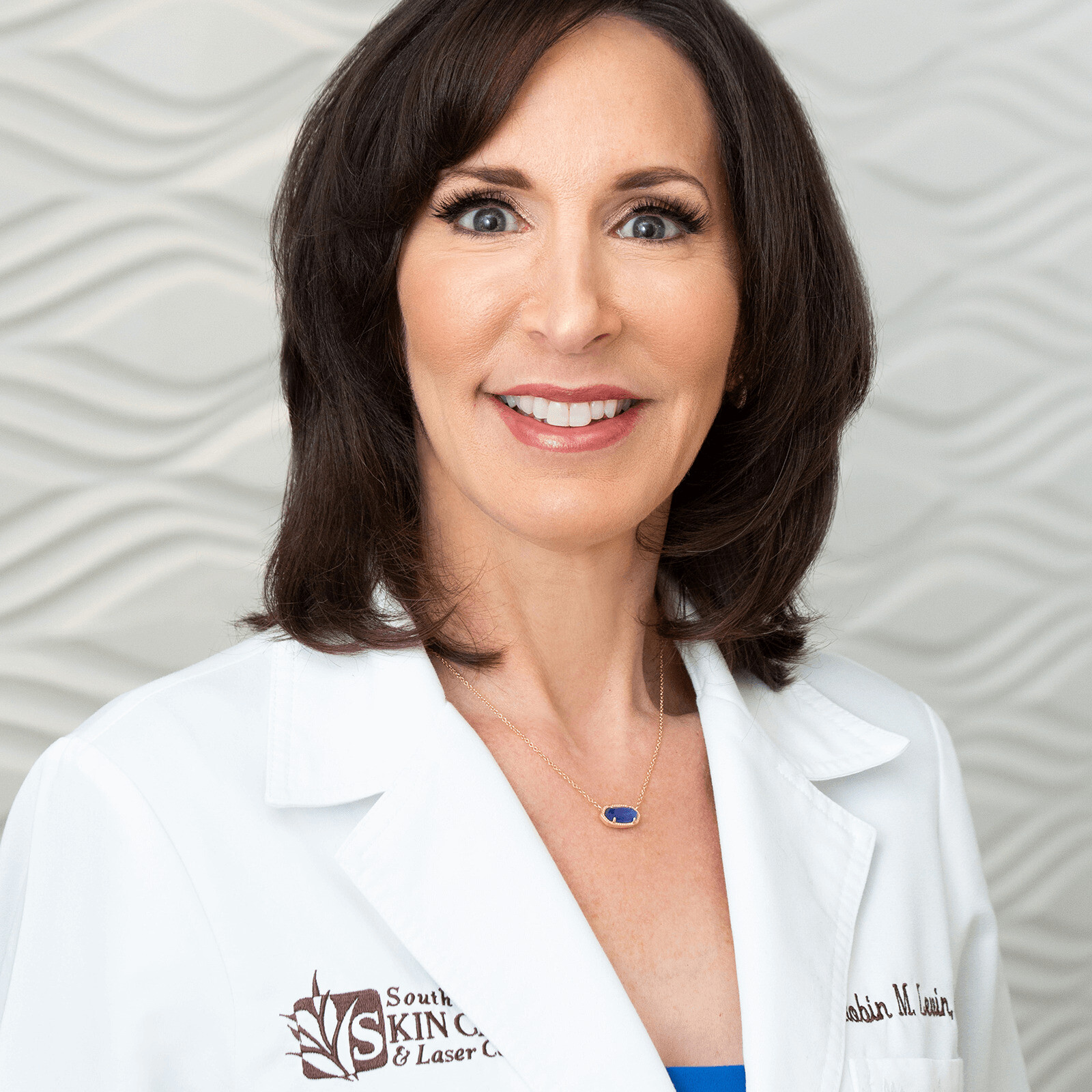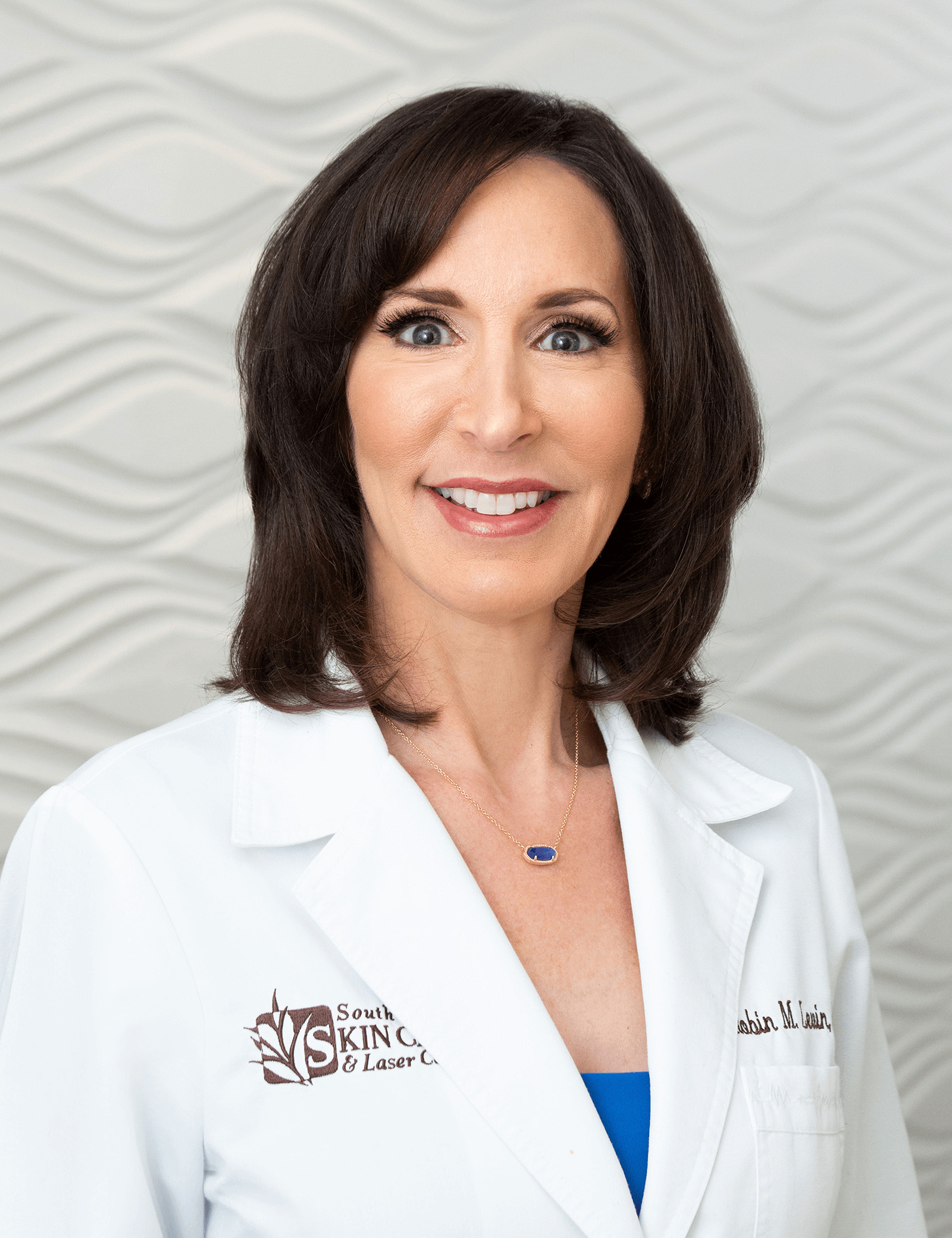- Home
- CLINICAL DERMATOLOGY
- Psoriasis
Control Painful, Scaly Skin Rashes at Our New Jersey-Based Practice
Psoriasis is a skin disease that affects more than 8 million Americans. Despite how common it is, however, it frequently negatively impacts the overall quality of life of those who have it. In working with patients suffering from psoriasis, New Jersey’s South Jersey Skin Care & Laser Center team regularly hears from men and women who find it challenging to perform routine activities while dealing with flare-ups.
The highly visible nature and discomfort caused by psoriasis can interfere with a person’s social life and even romantic relationships. Sufferers have said the rashes and plaques can lead to embarrassment, low self-esteem, and social isolation. While there is no cure, there are treatments that can significantly alleviate its symptoms, bringing relief and greater peace of mind.
Board-certified dermatologist Dr. Robin Levin and the South Jersey Skin Care & Laser Center team specialize in caring for patients with psoriasis at their New Jersey practice. Call (856)-810-9888 or request a consultation online for more details.
What is Psoriasis?
Psoriasis is a chronic condition of the skin and nails that manifests in flare-ups that cause elevated blotches of bumpy, red skin with silvery or whiteish-looking scales to appear. The plaques can occur anywhere on the body, but are most commonly seen on the elbows, knees, and scalp.
Psoriasis can cause rashes that last for weeks or months at a time. This autoimmune disorder often begins during early adulthood, and it can stop or return intermittently in the future. It is not contagious and cannot be spread through physical contact.

Learn the various types of psoriasis from NJ’s South Jersey Skin Care & Laser Center: The most common is psoriasis vulgaris, known for the development of plaques that are thick and scaly. Less common is guttate (typically appearing on younger people as spots shaped like drops on the arms, legs, and trunk) and inverse (which appears as a red inflammation in areas where the skin folds). Psoriatic erythroferma is rare, causing painful rashes and pustular blisters all over the body.
What Triggers Psoriasis?
Some of the most common triggers for flare-ups include:
- Smoking
- Obesity
- Sunburns
- Alcohol consumption
- Viral or bacterial infections
- Vitamin deficiencies
- Trauma or injury
- Tattoos
- Piercings
- Allergies
- Other skin disorders
- Hormonal changes
- Pregnancy
- Emotional and mental stress
- Some medications (such as mental health medications)
Common Types of Psoriasis
Plaque psoriasis, the most common type, causes silvery plaques that are prone to itching and bleeding, along with discolored or pitted nails. Guttate psoriasis shows up as small, red, teardrop-shaped dots that are not as thick as plaque psoriasis patches. It affects children and young adults more frequently. Pustular psoriasis produces painful, pus-filled blisters along with red patches. It is most typically found on the palms, soles of the feet, fingers, and toes.
Symptoms of Psoriasis
Each variation has its own unique symptoms. The rash can affect just a few areas or, in more severe breakouts, grow over large areas over the body. Aside from redness and scales, common signs of the disorder include flaking, inflammation, thickened skin, dryness, cracking, dandruff-like skin, and swollen or stiff joints. People living with this skin condition may be more vulnerable to serious health conditions like diabetes, cardiovascular diseases, inflammatory bowel disease, anxiety, and depression.
South Jersey Skin Care & Laser Center in New Jersey
Dermatology for You
South Jersey Skin Care & Laser Center is dedicated to providing a phenomenal experience for every patient. The team of professionals led by board-certified dermatologist and Philadelphia-area “Top Doc” Dr. Robin Levin is made up of skilled and caring professionals who make each patient a priority. Providing personalized care for South Jersey residents’ dermatology needs is a privilege Dr. Levin has been embracing for more than a decade.
South Jersey Skin Care & Laser Center is dedicated to providing a phenomenal experience for every patient. The team of professionals led by board-certified dermatologist and Philadelphia-area “Top Doc” Dr. Robin Levin is made up of skilled and caring professionals who make each patient a priority. Providing personalized care for South Jersey residents’ dermatology needs is a privilege Dr. Levin has been embracing for more than a decade.
What Are the Causes of Psoriasis?
The root cause of the disease is thought to be an immune system malfunction. The body’s immune system is designed to target harmful bacteria and viruses. In psoriasis, the skin is abnormally inflamed as a result of chemicals produced by a type of white blood cell known as T lymphocytes. These “T cells” have a problem that causes them to attack normal, healthy skin cells.
An overly active immune system can cause skin cells to develop at an unusually fast rate: up to 10 times more than their normal speed. The body isn’t able to get rid of this excess, so the cells accumulate as scaly patches on the outer surface.
Having a close family member with the disease can put you at a greater risk, as genetic factors increase the likelihood of developing it.
Management and Treatment of Psoriasis
A professional experienced in clinical dermatology, such as a physician assistant working with a board-certified dermatologist, can assess your overall medical history, physically examine your skin, and potentially perform a skin biopsy to help with a diagnosis. Unfortunately, no cure for the disorder has been found, but there is a wide range of treatment options, along with lifestyle changes patients can make to greatly reduce symptoms.
Treatments are designed to slow down the growth of skin cells, relieve itching and dryness, and improve the appearance of the affected skin. Skincare specialists may prescribe topical creams and moisturizers. Stress relief techniques such as deep breathing exercises, exercise, and medication are also recommended to mitigate symptoms.
South Jersey Skin Care & Laser Center offers help for a range of problems beyond psoriasis, including eczema, acne, and other conditions.
Have questions or concerns about psoriasis from New Jersey-based South Jersey Skin Care & Laser Center? To find out more, call the practice directly at (856)-810-9888. If you prefer, you may also schedule a consultation online.
*We are all different! Patient results may vary.











